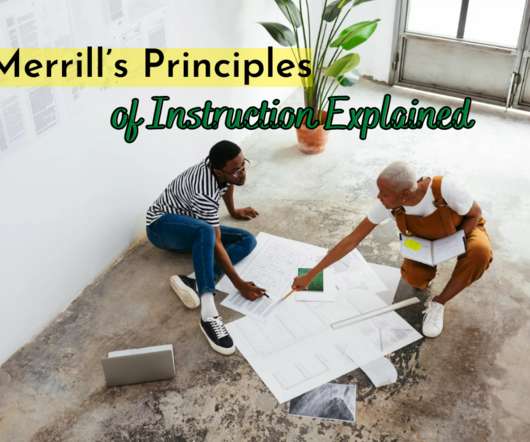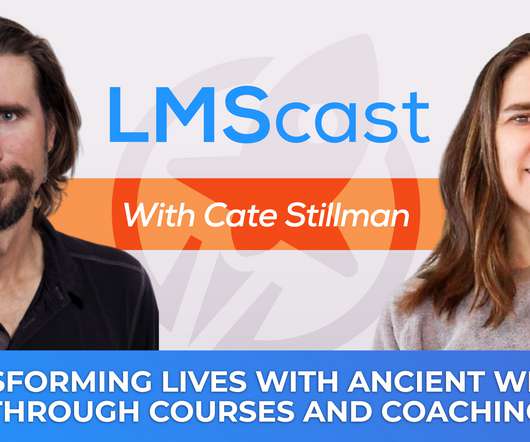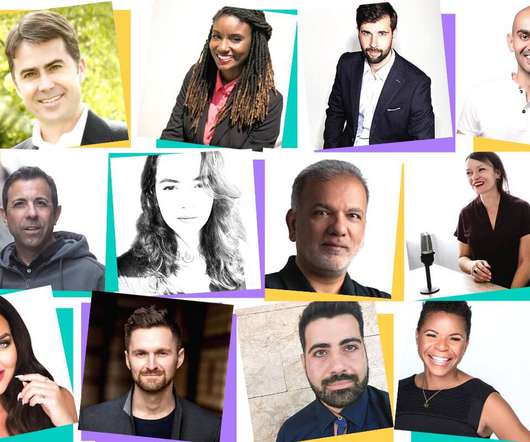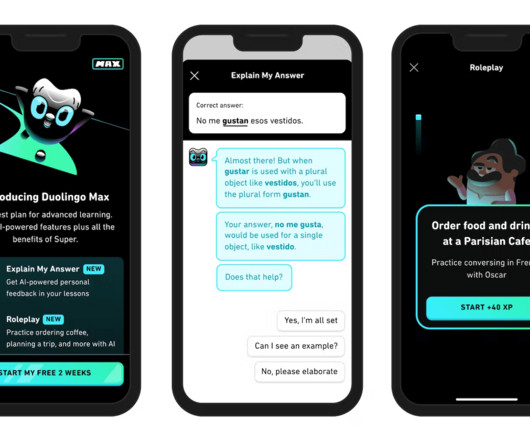Merrill’s Principles of Instruction Explained
Capytech
FEBRUARY 9, 2023
Merrill’s Principles of Instruction were developed by education researcher David Merrill in 2002. Demonstration The next principle in this instructional design model involves presenting the information you want to cover in the course. However the information is presented, the crucial element is to show rather than tell.























Let's personalize your content